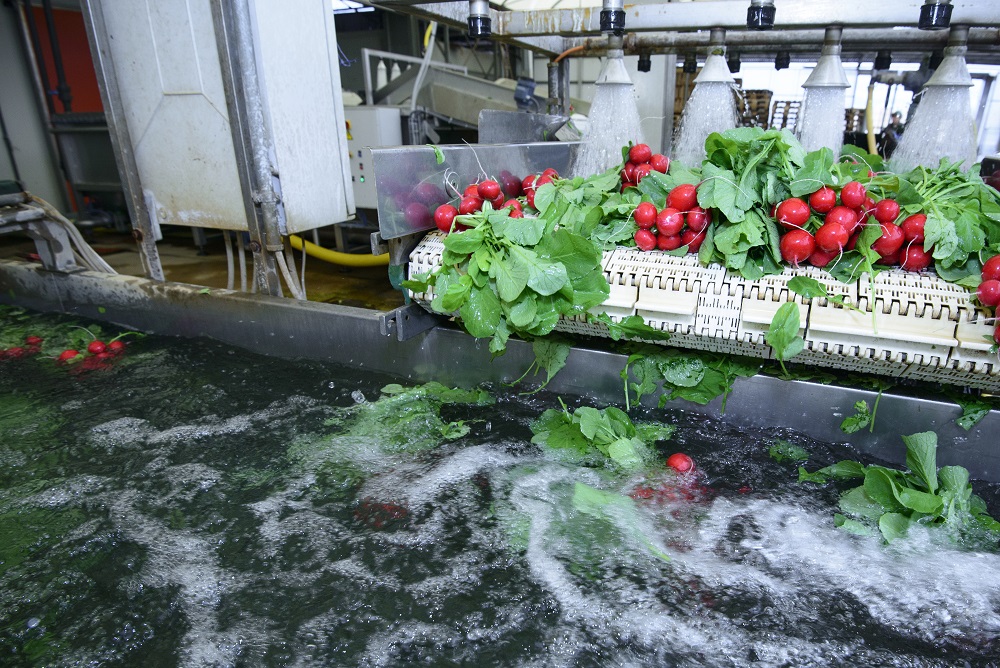The reputational and financial risks of the mismanagement of water and wastewater systems is the subject of a new report.
The report, ‘Process water and wastewater treatment in the food industry’, points to the vast volumes of water used in food and beverage production and urges companies to do more to offset risk.
The food and beverage industry uses vast volumes of water, and treatment of process water and wastewater is essential to every production plant.
These are complex and costly processes, with every site required to meet specific local health & safety and environmental discharge regulations.
“There are significant reputational and financial consequences of putting people, products or the environment at risk through poorly managed systems and processes,” says Dale Kavanagh, Industrial Sales and Business Development Manager, from Watson-Marlow Fluid Technology Group (WMFTG).
“Yet there are practical steps companies can take to tighten their procedures and make their processes more efficient.”
Process water – used for food washing and preparation, pasteurisation, cleaning of equipment, steaming and sterilisation, or as an additive or stabiliser – accounts for the largest water use in the food sector, around 31%.
At the other end of the production line, wastewater must undergo high levels of treatment prior to discharge or reuse.
Across the world legally binding environmental regulations, such as the European Water Framework Directive, the US Clean Water Act and the Australian National Water Initiative are in place to protect rivers, lakes, estuaries, coastal waters and groundwater from pollution.
They stipulate treated effluent must meet high quality standards before being released into the environment. Food and beverage companies in breach of water quality requirements risk prosecutions and large fines and even having their discharge permits revoked.
The most efficient plants opt for a combination of preventative, reactive, proactive, and predictive approaches.
Operators carry out corrective actions promptly and establish procedures to ensure processes are operating effectively, but choice of equipment also plays a key role.
“Water and wastewater treatment are critical to safety and efficiency in food and beverage processing plants and must be maintained to a high standard,” says Kavanagh.
“Selecting equipment that is reliable, effective and easy to operate and maintain is especially important in a hazard-critical area like chemical dosing, where the risk of human error has to be minimised.”
The report explores the critical process of water treatment in food and beverage production, presents case studies and offers practical guidance. It looks at how to mitigate risks from breaches in health & safety and compliance.
Water is an increasingly scarce resource and as the report shows, food and drink is the industrial sector with the highest water consumption.
The final part of the report looks at sustainability issues and advises that identifying opportunities for water efficiency at every stage of the process means producers can move towards more sustainable practice.






















